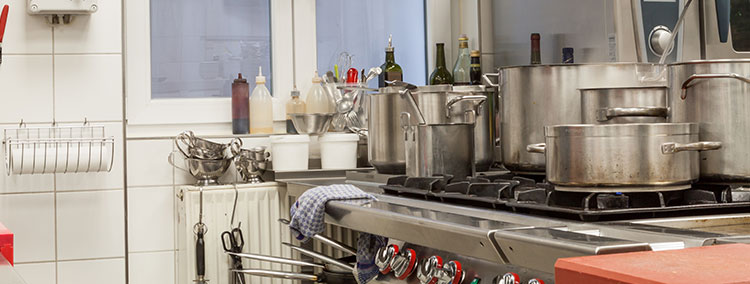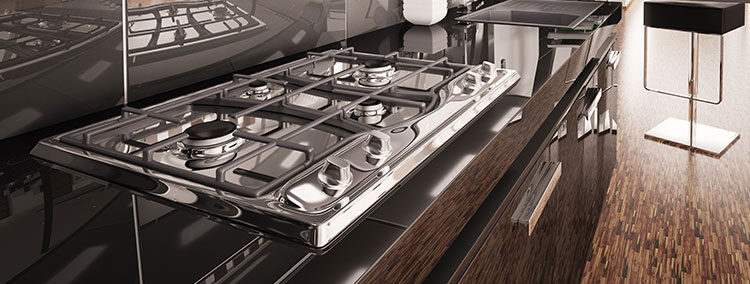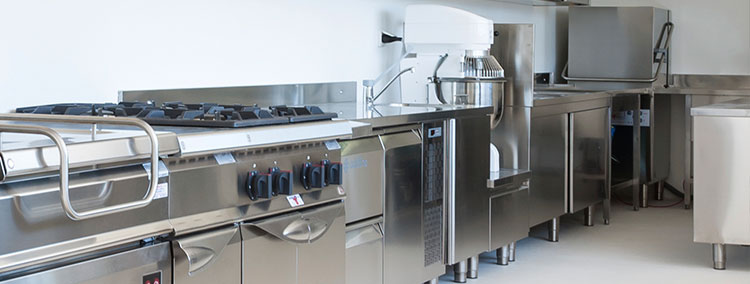For your dishwasher to continue cleaning your dishes as well as it should, you need to keep it clean. While some homeowners know the right time to clean their appliances, others don’t.
While this is the case, there are several things you can look out for to tell that it’s time to clean your unit. These things, as given by dishwasher repair professionals, include:
1: Your dishes are cloudy and dirty.
It’s annoying to wait for a dishwasher cycle to finish and then find that your dishes are still dirty or have a white, cloudy film. Dishes that are dirty and cloudy can be a sign that you need to clean your dishwasher more or that you need a dishwasher detergent made for hard water.
The residue left on dishes or other items can be a sign that your dishwasher needs cleaning. For peace of mind, check on your dishwasher and clean it at least once a month.
In addition to checking the filter and racks of your dishwasher once a week for buildup, take the racks and filter or screen out and clean them with warm water and dish soap.
While at it, look for a film or rough coating on the inside of the dishwasher, check to see if the holes in the spray arms are clogged. You also should give the arms a push by hand when the machine is off to see if they spin freely.
Sign 2: Your dishwasher smells weird.
If you don’t keep an eye on your dishwasher filter and clean it regularly, it’s easy to get full of food particles and smells that not only smell bad but can also cause bigger, more expensive problems.
To avoid these problems, you should check and clean the filter after each time you use the dishwasher. You also should commit to sanitizing it at least once a week.
You should fill a bowl with white vinegar, put it on the top or bottom rack, and run a standard clean cycle with hot water. When it’s done, use a simple mixture of water, dish soap, and white vinegar to clean the door seals and the inside of the dishwasher.
When you do this, you not only leave your dishwasher smelling fresh, but you also leave it sparkling clean.
Sign 3: Water backs up in your dishwasher or doesn’t drain properly.
If you’ve ever seen a pool of water at the bottom of your dishwasher or water overflowing into your sink, this could be a sign that you need to clear a clog or get a new dishwasher.
If you’ve cleaned out the filter basket and there’s still standing water or your dishwasher drains slowly, it might be time to call in the pros.
Best practices when cleaning the dishwasher
When cleaning the dishwasher, you must observe best practices to clean your unit properly. These practices include:
Don’t use bleach
Even though bleach can clean and disinfect some surfaces well, it is usually not a good idea to use it to clean the dishwasher. This is because bleach can be too harsh for the inside and parts of the dishwasher, and over time, it can cause damage.
Using bleach in the dishwasher can also leave dishes with a strong bleach smell and taste, which is unpleasant and could be dangerous if eaten. If you must use bleach to clean your dishwasher, do so in a well-ventilated area and small amounts.
Don’t use abrasive cleaners.
You might have the impression that using abrasive cleaners will make your unit cleaner, but this isn’t the case. In fact, it has been shown that cleaners and scorching pads often lead to more damage.
A good rule of thumb is to use a soft sponge or cloth, and you are good to go.
Parting shot
There are many safer ways to clean the dishwasher and make it work better. For example, you can get rid of buildup and smells by using a commercial dishwasher cleaner or a mixture of vinegar and baking soda.
Regular cleaning and maintenance, like wiping down the inside, cleaning the spray arm and filter, and running the dishwasher on a hot cycle with no dishes, can also help prevent buildup and keep the dishwasher working well.
You can clean the dishwasher yourself, but if you have problems, let an experienced appliance repair Alexandria professional help you.


